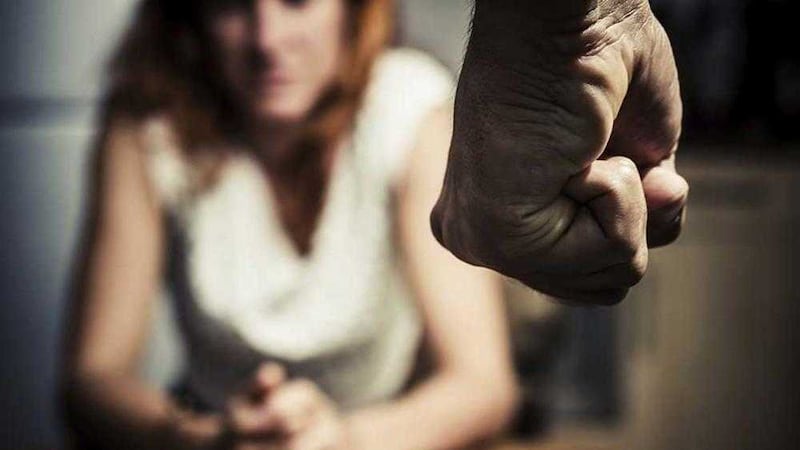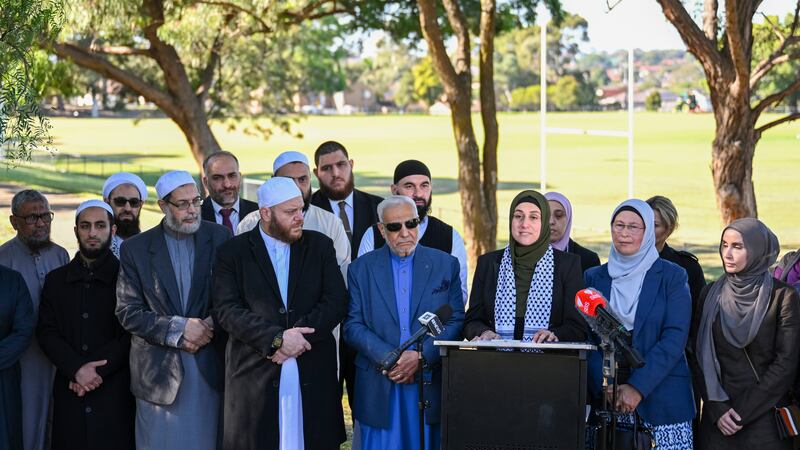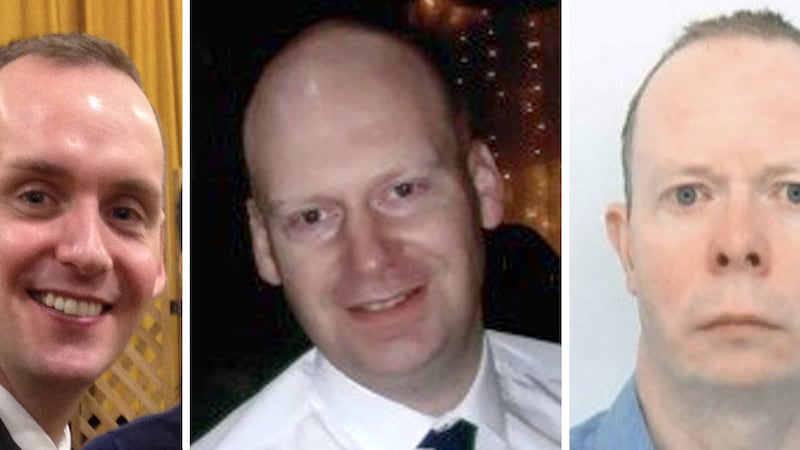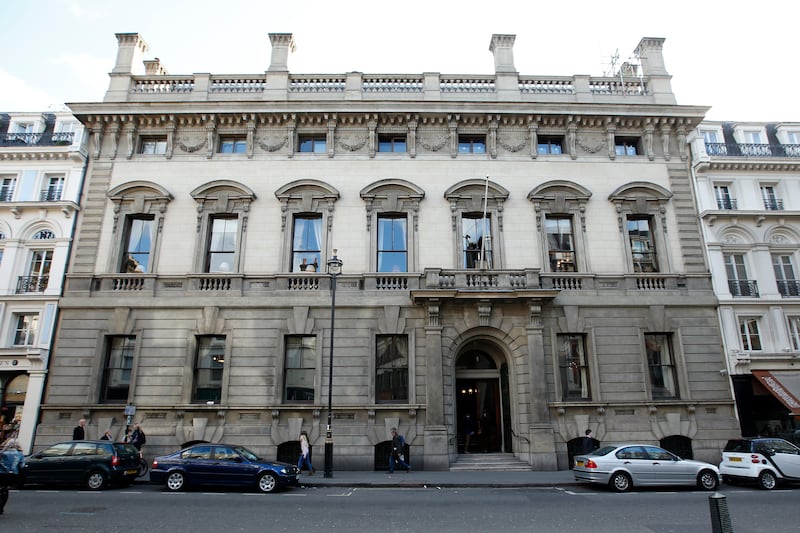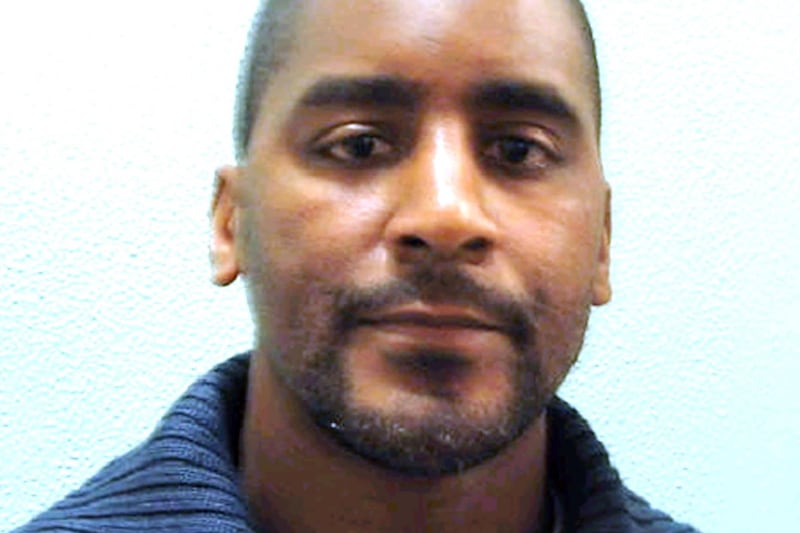A SPECIAL Crime Unit made up of senior prosecutors will start work next month to improve the quality of evidence in an effort to secure more convictions in murder and rape cases.
Ten prosecutors, based in Belfast, will go through cases drawn from across Northern Ireland with a fine-tooth comb, coordinating closely with police to build the strongest cases possible before they go before the courts.
It comes as anti-sexual violence campaigners have expressed concern at falling numbers of rape cases being sent to the Crown Court for trial - despite the number of such incidents reported to police rising by 73 per cent in the last five years.
An assembly research paper seen by the Irish News found there were just 83 convictions for rape between 2009-13.
It also reveals that more than 2,000 cases were passed to the Public Prosecution Service by police between 2010-14, but in 83 per cent of cases the decision was taken not to prosecute. In 97 per cent of cases that decision was taken because they "did not pass the evidential test".
Clare Bailey, deputy leader of the Green Party, which commissioned the assembly research, said the figures are "not good enough".
"It is absolutely alarming to see a steady decline in cases in terms of the PPS deciding to prosecute," she said.
"I am very encouraged that statistics showing such a steady increase in the number of people coming forward to report rapes and sexual attacks. But I believe this is the tip of the iceberg.
"It is also heartening to see police still recommending 50 per cent of these crimes reported for prosecution. I need to start looking at quality of evidence."
The cases taken on by the team will not include paramilitary-related murders which will be dealt with by a separate dedicated section.
The new unit is headed by PPS assistant director Marianne O’Kane, former Regional Prosecutor in the service's eastern region.
Senior assistant director Stephen Herron told the Irish News Ms O'Kane "will have oversight of all the cases in the unit - between 1,100 and 1,200 a year".
"Not all will be prosecutions, but we will do our best to ensure when they do go to court they are as robust as they can be and the complainant is as prepared as they can be," he said.
"It is a difficult process, it's never going to be easy going to court, but we are working very hard with other agencies to make it as least traumatic as possible."
There are clear rules which forbid prosecutors from `coaching' witnesses, but victims will be able to be told whether the defence has information - such as text messages or social media posts - which its barristers might decide to reference in cross examination.
A major concern for victims is the gruelling nature of the court process. It is both drawn out - most cases take up to two years to go through the courts - and confrontational, with witnesses forced to relive their ordeal and on occasion facing intimate questions about their private life. In the past victims have emerged from court to say it was `like being raped all over again'.
The PPS has been pressing for the Northern Ireland executive to end the practice of having commital proceedings when a case is going to go to a full trial as it argues it can mean victims being cross-examined twice, with a `dry run' for the defence legal team.
So far this has been rejected by politicians.
Pam Hunter of Nexus - a sexual abuse counselling charity - said it is important that victims feel confident enough to come forward.
"There has been an increase in publicity and media attention on the subject and that is all to the benefit of victims," she said.
"They are beginning to get more courage to report.
"The feelings of shame often associated with the crime makes you want to crawl into a shell and the current process is not the best. It's another hurdle for victims. You're talking about waiting two years for cases to go thorough. That's a long time for a victim to wait."
Ms Hunter said the more specialists that are involved in the system the better it will be for victims.
"I have been calling out for expert juries, expert barristers who can have a true understanding of these cases," she said.
"I presented to the Family Bar [barristers specialising in family court work] to try and give them an understanding of trauma. The brain freezes during an attack like this. It's a mammalian response and you don't move, you get frozen stiff or you go limp, but because you don't move and people on the witness stand are pulled apart by barristers for not fighting back and screaming out for help."
She said that Nexus encourages the people who come to them in distress to "create their own justice and not to be depending on the court system", but in an ideal world she "would like more convictions".
However, she is aware of the difficulties.
"In Rotherham they worked through something like 90 victims and ended up only getting nine credible witnesses," Ms Hunter said.
"Perpetrators are attracted to those that are vulnerable and they work on them to make them more vulnerable and the more vulnerable they are the less credible they are in front of a jury. I am trying to educate people in the legal system.
"I have been trying to meet judges, but I can't quite get there yet.
She said as well as expert juries and barristers, there is a need to "educate Joe Public" about the need for consent to be given for sex.
"If we got more of that perhaps the PPS would have more confidence in putting cases forward to the courts. Perhaps that would give judges and barristers the confidence to call expert witnesses.
"Here is this report showing there are not enough convictions, not enough cases being put forward for convictions. We need to push that forward. Vulnerable witnesses can be good witnesses in court with the right support."
Mr Herron warned that it is unlikely that all of the thousands of cases passed by police will ever end in a decision to prosecute as they represent "any case where (the PSNI) have an identifiable suspect" and in some cases this may mean there is little other evidence.
However, when they do come to court, he said prosecutors are also looking to judges to direct the jury.
"(Specialist witnesses) aren't usually called to court as a witness. Courts are places for objective evidence... courts are very reluctant to let that evidence in."
In 2013, the north's most senior judge Lord Chief Justice Declan Morgan said he had asked the barristers, solicitors and the PPS to "participate in some of the continuous training that we arrange for judges on the conduct of sex offence cases".
"Within an adversarial system, the defendant must have the right to fully test the prosecution case but the judge must ensure that is not at the expense of a victim's entitlement to give their best evidence," he said.
"This is about the individual's experience in the courtroom - which will never be easy - and presenting the best evidence to the jury. Managing that is ultimately for the judge to control.
"But that should not prevent us examining with prosecution and defence lawyers, the guidance on how vulnerable complainants might be helped to give their best evidence and the methods by which the ability of the defendant to effectively challenge that evidence can both be secured.
"My office will therefore be arranging for appropriate training to involve both judges and lawyers. I think that can only be a positive thing for victims and for the administration of justice."
Mr Herron said the PPS have been learning from consultant psychotherapist Zoe Lodrick, a sexualised trauma specialist who has worked with several police forces across the UK.
"It was training how we can break down some of the myths and stereotypes," he said.
"Studies have shown 90 per cent of perpetrators are known to the victim. Rape by a stranger down an alleyway, those type of cases rarely come up but they have a much better chance of conviction. Juries can understand the narrative.
"It's more difficult for them to understand when someone doesn't consent in a particular situation.
"Zoe Lodrick explained with sexual trauma a different part of the brain kicks in and it's really about survival - `I'm going to get through this as best I can and I'll survive this.'
"There have been cases where jurors found it difficult to understand how, even after being raped, a girl has stayed with someone.
"But they are traumatised and trying to deal with it in her own mind. They might not go to the authorities straight away, but confide in a family member."
This is why in some cases the prosecution is able to introduce `hearsay' evidence given first to a person trusted by the victim.
The new unit will take into account the need to get evidence from victims at their own pace, as speaking them too early can be to do so when they are still in shock.
Only time will tell whether it will improve outcomes for victims.
